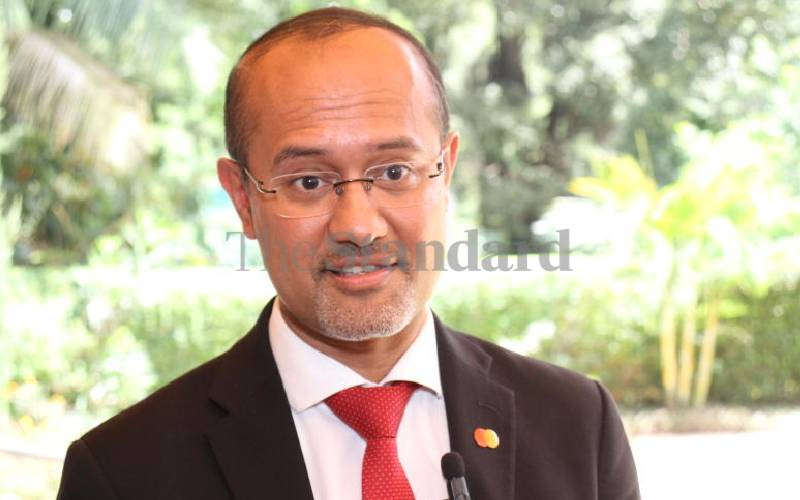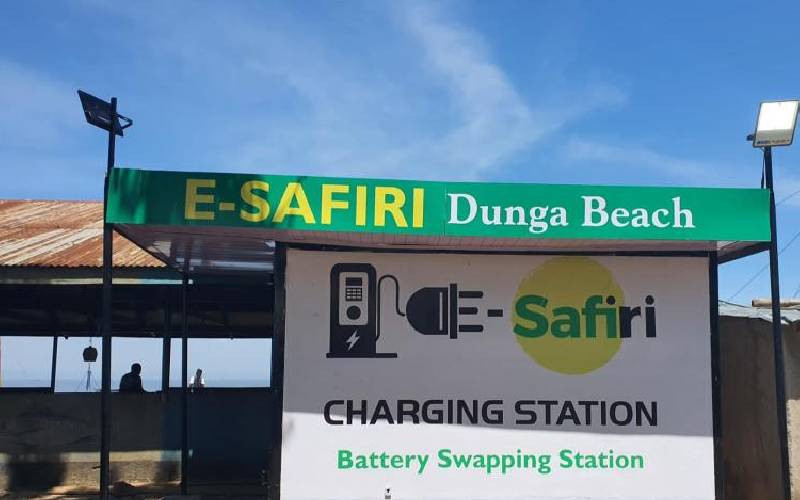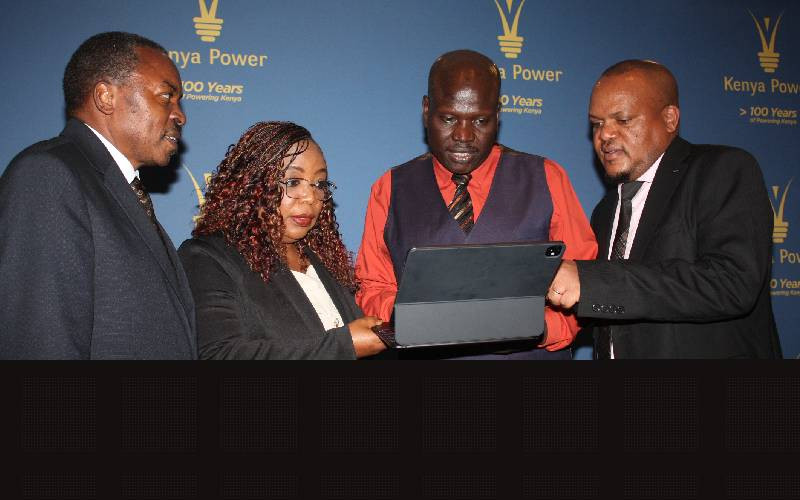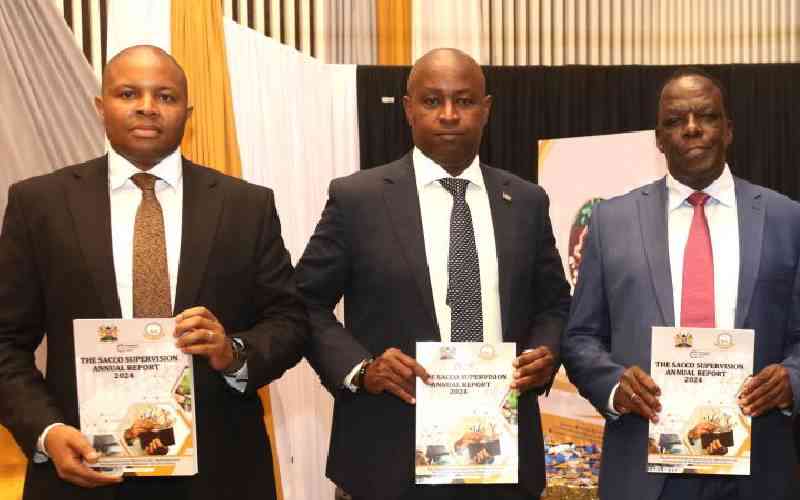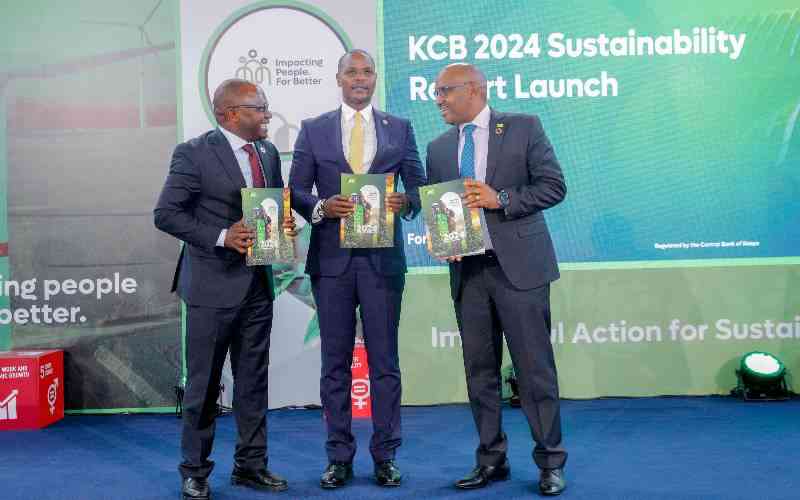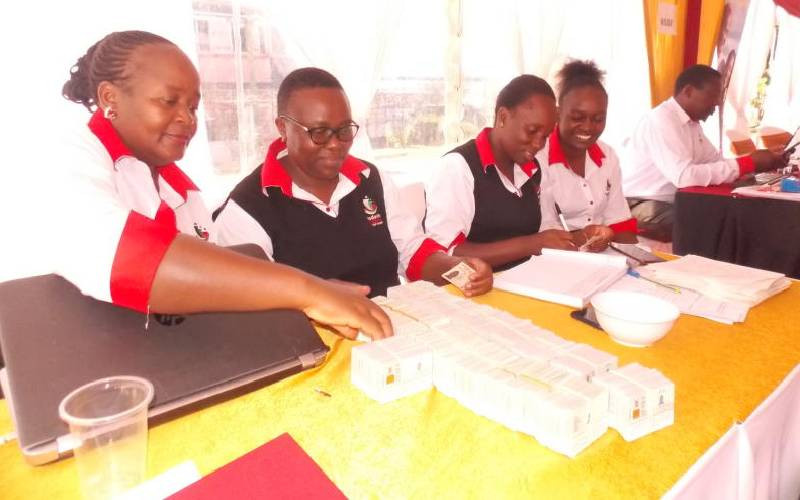
National Registration Bureau workers sort out second-generation and third-generation Maisha identity cards at Huduma Centre in Kakamega, on December 21, 2023. [File, Standard]
A National Assembly committee has approved a legislative proposal seeking to streamline the registration of students who turn 18 years old while still in school and enhance the budgetary allocation for the exercise to approximately half a billion.
And in proposed further changes, lawmakers are also seeking to have the issuance of IDs to students synchronized with their registration as voters to ease the Independent Electoral and Boundaries (IEBC),
The Registration of Persons (Amendment) Bill 2024 which was proposed by Kipipiri MP Wanjiku Muhia aims to amend the Registration of Persons Act, CAP 107 by introducing new requirements specifically for the registration of pupils who turn eighteen (18) years while still enrolled in school. Under the proposed amendment, schools will be required to register any pupil who reaches the age of eighteen (18) within thirty days of their birthday.
Should this be implemented and passed by the House, it will see the government spend Sh451.5 million in the first year of implementation, Sh474.1 mllion in the second year and Sh497.9 million in the third year.
MP Wanjiku, during her presentation before the Budget and appropriations committee, yesterday noted that whereas the registrations of students is currently an undertaking of the National Registrations Bureau (NRB), it was underfunded.
“It is observed that currently the County Registration officers do extend such services of registering students in schools though under strained financial resources due to limited funding of the National Registration Bureau,” noted Wanjiku. a
The MP Sam Atandi-led committee also heard that the County Registration Bureaus only receive Sh100,000 per quarter to facilitate the registration exercises and that the Approximately half a billion will be required to enhance the operations of the National Registration Bureau Field Services upon enactment of the Bill.
The cost, it emerged, was based on assumptions that the NRB shall provide facilitation for their staff to visit each school on a monthly basis for the purpose of registering the pupils who have attained an age of eighteen years. There are 10,752 secondary schools in Kenya, with the Bureau required to deploy two officers to each school monthly to enable the registration of the pupils
To this end, each member of staff will be facilitated with Sh3,000 for the one-day exercise to cater for lunch, transport and any other subsistence costs. Further, Student registration will take place in the seven months’ school calendar.
“Registering students for national IDs helps in accurate population data collection, which is vital for national planning and resource allocation. It aids the government in tracking demographic trends, ensuring that resources for education, healthcare, and other services are allocated efficiently. This registration process can also improve security, as it allows for better monitoring and identification of individuals, reducing the risk of identity fraud or misuse. Overall, it contributes to a more organized and secure society, where individuals are accounted for and can fully participate in national development,” added Wanjiku.
Baringo Women Representative Flowrence Jematiah however proposed that the Bill be further improved on to ensure that it addresses the twin issue of voter registration and ID issuance.
“To cure the low registration of voters, why don’t you propose to synchronize issuance of IDs to students and registration as voter?” posed Jematiah.
MP Wanjiku in response welcomed the idea noting that it would ease the financial burden carried by IEBC when it comes to voter registration.
Stay informed. Subscribe to our newsletter
“I definitely welcome this idea because by doing so, we will have the opportunity to cut the cost incurred by the electoral agency for mass registration exercises because a section of the population was registered in high school,” remarked the MP.
She also submitted that registering students as citizens while they are still in school will play a vital role in ensuring their access to essential services and rights. This registration, she explained, will establish their identity and citizenship, which will be necessary for obtaining national identification cards.” Early registration will also aid in effective resource planning and allocation within the Governments national,” added the lawmaker.
Committee chairperson Sam Atandi, while giving a nod to the proposal noted, “Ours as a committee was to check whether it was a money Bill and it has passed that criteria. The Bill will now undergo the normal Parliamentary processes as others when being considered by the House.”

